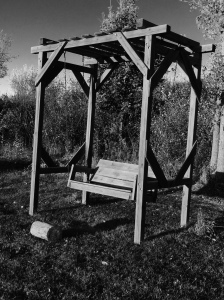Rend the Heavens text: May he defend the cause of the poor of the people, give deliverance to the needy, and crush the oppressor. – Psalm 72:4
Prompt: Yearn
God in heaven, what would this look like?
You withstood David’s murder of Uriah and his adulterous tendencies, allowing the  defenseless Bathsheba not only to be raped, but to experience the death of her child.
defenseless Bathsheba not only to be raped, but to experience the death of her child.
 defenseless Bathsheba not only to be raped, but to experience the death of her child.
defenseless Bathsheba not only to be raped, but to experience the death of her child.
You allowed Solomon to conscript his own people for the building of the temple- a building meant to honor you, but raised on the backs of people with choices take away.
Constantine was permitted to use your name and your story for the shaping of his own plans and expectations, forever altering how those who follow you would be viewed- within and without the Way of Christ.
So many have hung their harps on the willows, unable to sing your songs.
So many have screamed to the winds for you to dash the descendants of their enemies against the rocks.
So many have wept and wept and waited for joy in the morning that did not come.
Can you not feel the yearning of your creation? Do you not feel our strain and grief for healing and resolution and all that you have promised?
“How long, O Lord” is too stale a question now? We peer into the depths out of which we cry, listening to our own echoes, and wonder if you are there are at all? If you are planning to act ever? If you have forgotten your covenants, your end of all the bargains, your own character?
I yearn not to be your defense lawyer, your apologist, your witness.
I long to be overwhelmed by your power, your action, your holy fury.
Lord, hear our prayer.
Comments